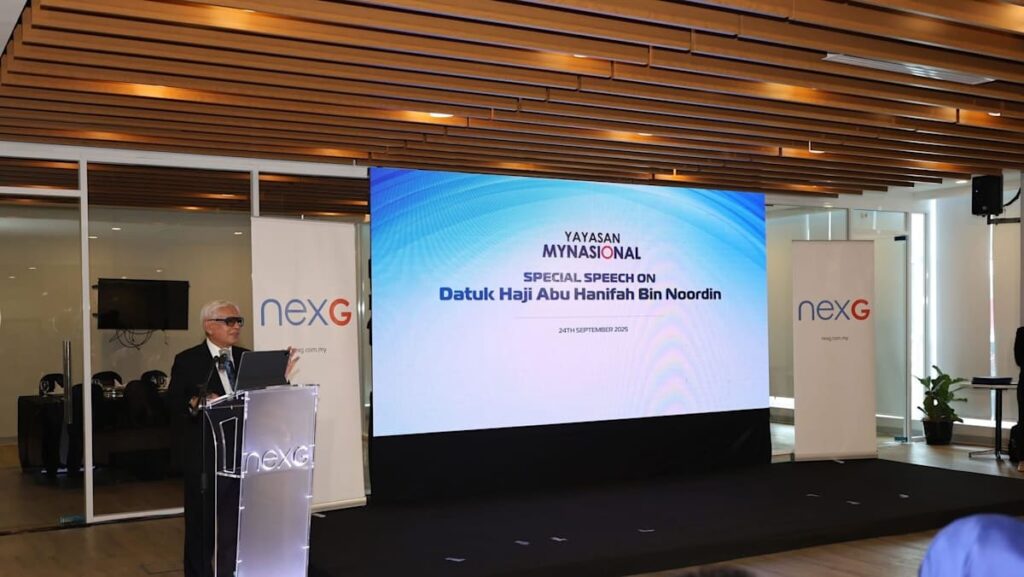The developments around NexG also raise uncomfortable questions about Malaysia’s government procurement ecosystem, noted bankers and analysts.
Incorporated in 2008 as Datasonic Group, the company was controlled by Abu Hanifah Noordin, a businessman who enjoyed close ties to former premier Muhyiddin Yassin.
Datasonic was listed on Bursa Malaysia in 2012 and became a central player in the country’s border-security systems, supplying the government smart identification cards for Malaysian citizens, passport chips and other high-security personalisation solutions.
The company underwent numerous shareholding changes over the years and in February this year was rebranded as NexG. It currently sits in a web of companies interconnected through convoluted cross-holdings involving a wide network of corporate personalities.
At the centre of this network is Victor Chin Boon Long, a businessman whose operations revolve around what are commonly known as penny stocks — publicly listed companies that trade below RM0.50. NexG last traded at RM0.38.
These counters are defined by volatility, low liquidity, and the absence of meaningful institutional participation.
Large domestic and foreign funds generally avoid them, leaving retail investors — often driven by rumour and speculation — as the primary participants.
HOW IT ALL BEGAN
Chin’s move to bring Farhash into his corporate orbit in March this year — by installing him as a shareholder of MMAG — immediately caught the attention of small-time investors, who are often drawn to counters with a political edge.
This year alone, NexG has secured several new and extended government contracts.
These include an 18-month extension from the Home Ministry for the supply of foreign worker cards, a six-year contract to supply Malaysian passports and identity cards, and an expanded scope of work to produce driving licence cards for the Road Transport Department.
https://www.channelnewsasia.com/asia/malaysia-nexg-anwar-ibrahim-farhash-wafa-ishak-ismail-5479871


